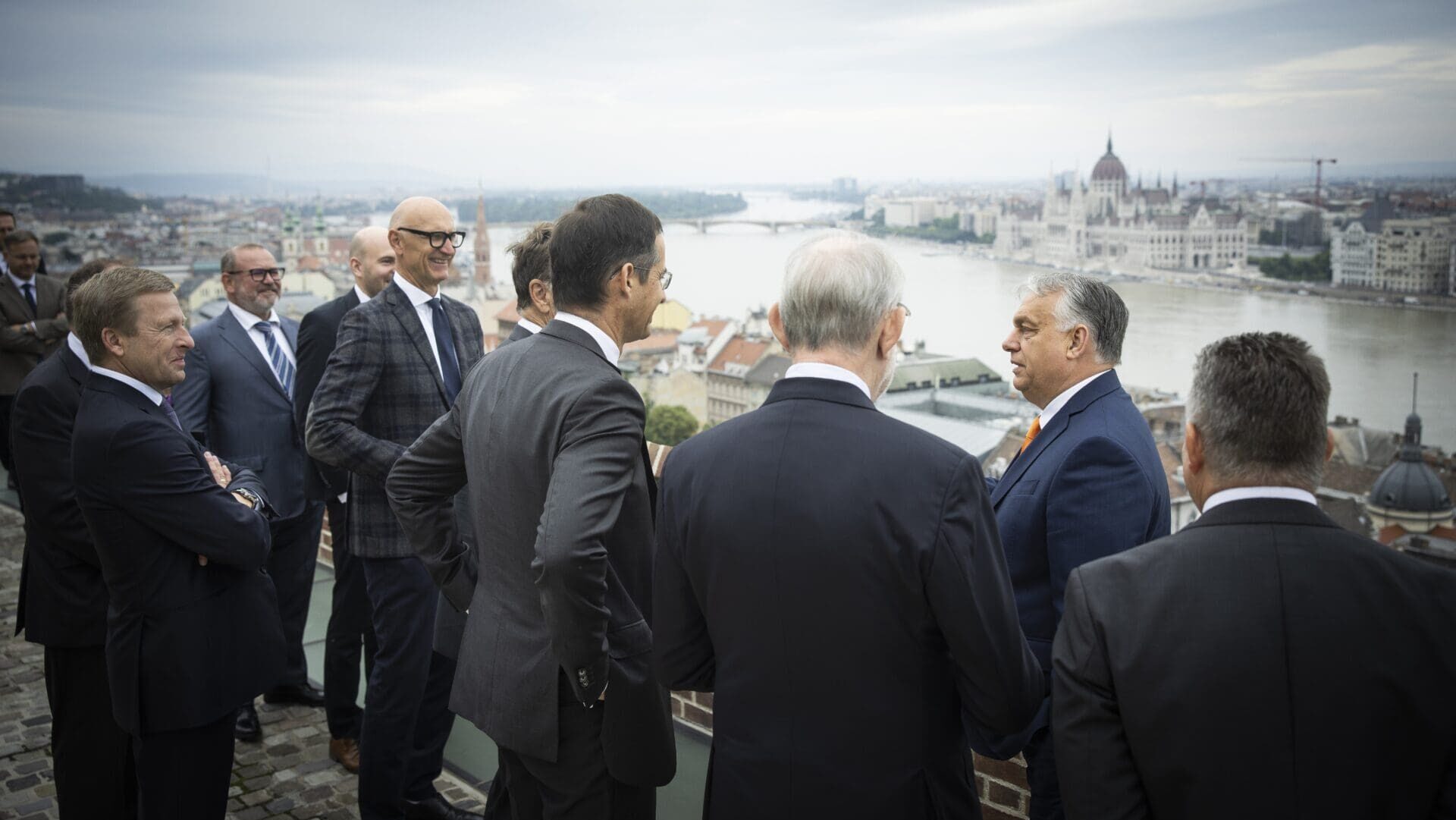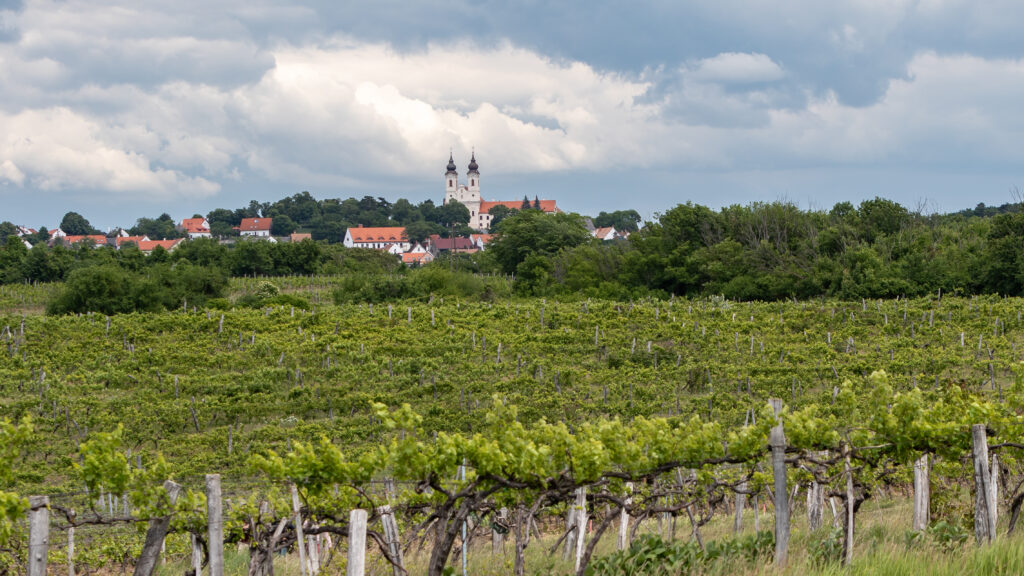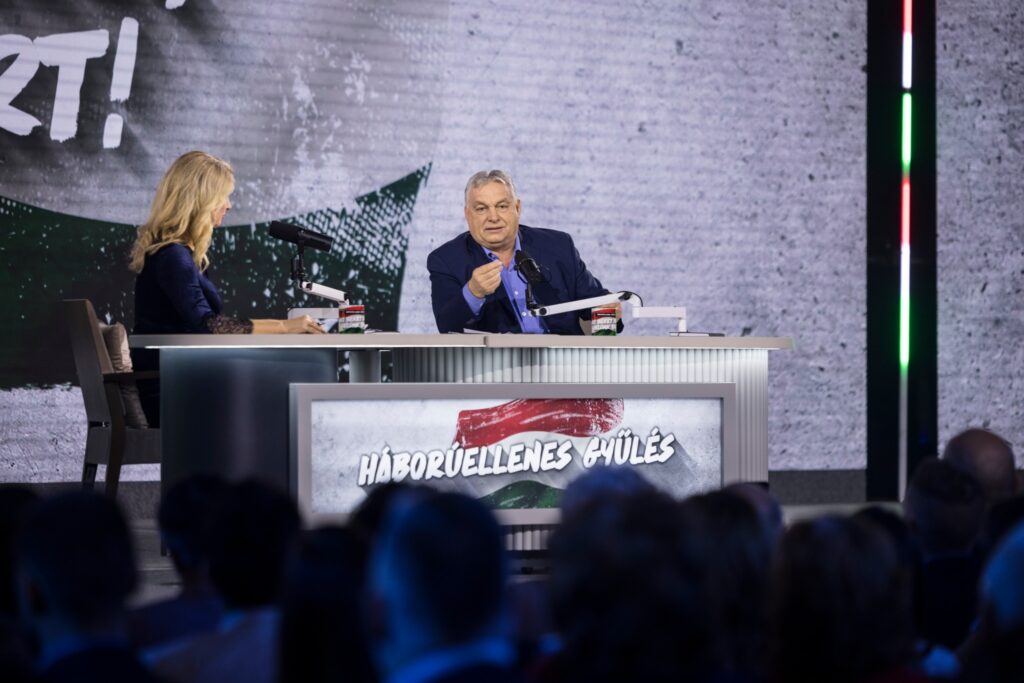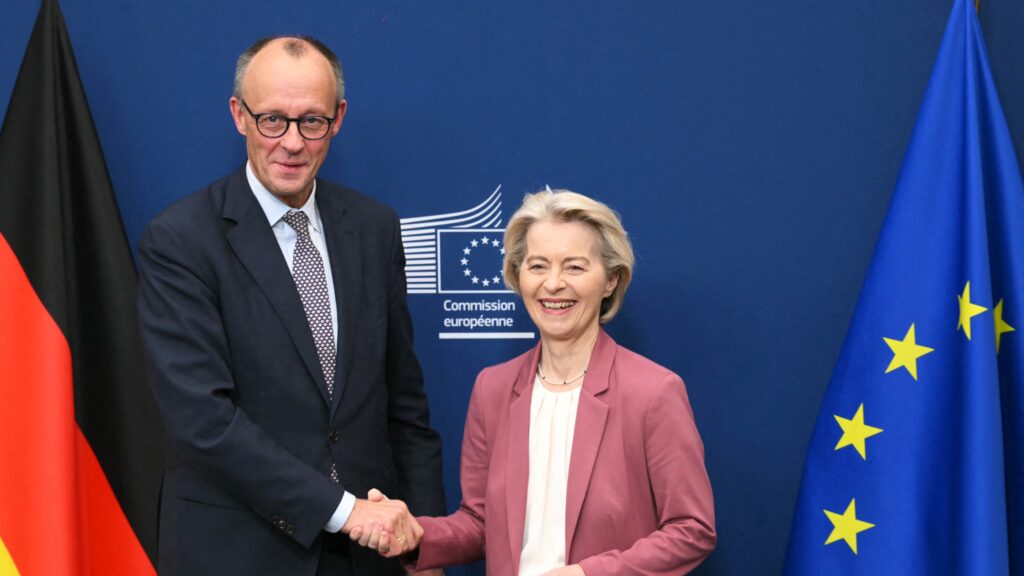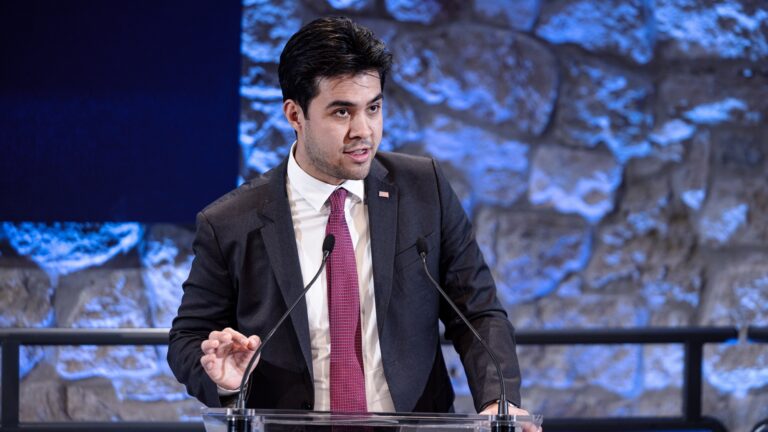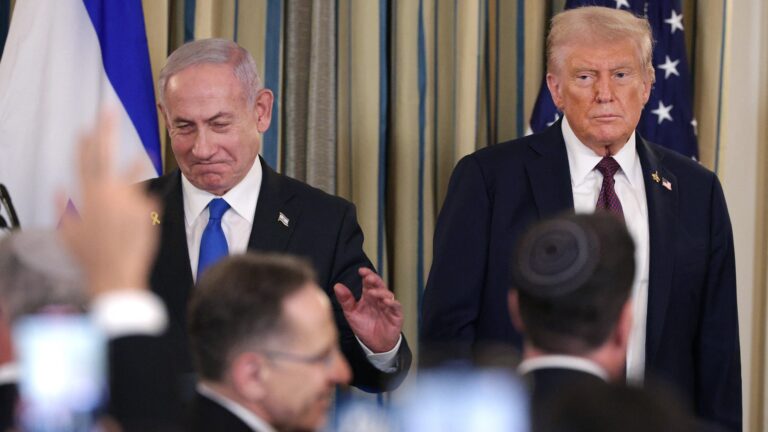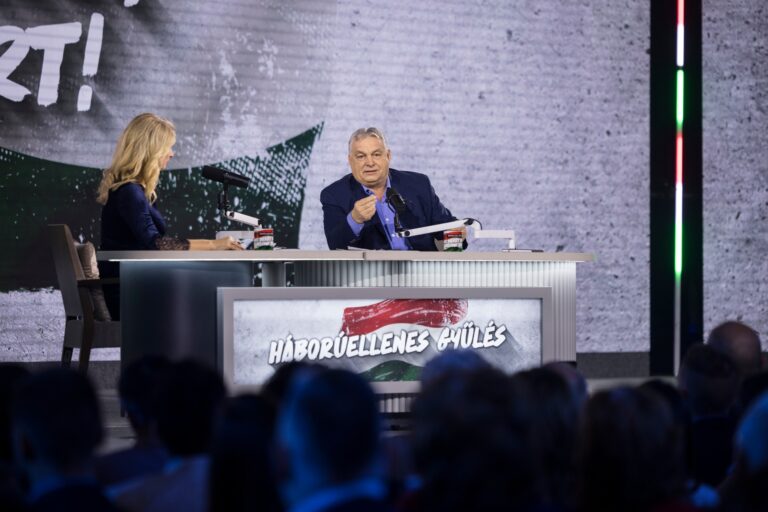Hungarian Prime Minister Viktor Orbán held talks with the leaders of the European Roundtable for Industry (ERT) at the Carmelite Monastery on Tuesday, in preparation for the Hungarian EU Council Presidency, which begins in July. The meeting was attended by the heads of Vodafone, BMW, Deutsche Telekom, and MOL. The central theme was how to increase the global competitiveness of the European Union, a priority of the Hungarian EU Presidency.
The meeting took stock of the main industrial players’ proposals to improve European competitiveness.
Mr Orbán praised the contribution of European industry to the prosperity of the continent’s citizens, while the manufacturing sector commended the economic environment in Hungary, according to Bertalan Havasi, PM Orbán’s press chief.
The meeting was also attended by Péter Szijjártó, Hungarian Minister of Foreign Affairs and Trade, who remarked in a Facebook post that the EU’s competitiveness has declined significantly in recent years. ‘The reasons for this are clear: Brussels has made the wrong decisions in dealing with the consequences of the war in Ukraine,’ Szijjártó wrote. According to the foreign minister, many
important issues have become over-politicized and over-ideologized,
and several regulations have been adopted that unreasonably hinder successful economic activity.
‘During our presidency, we will try to address this situation with proposals aimed at improving the competitiveness of the European Union,’ Szijjártó concluded.
Regarding the upcoming EU presidency, János Bóka, Minister for European Union Affairs, stated on Monday that the Hungarian government has conducted more than 250 preparatory meetings with all Member States, candidate countries, EU institutions, and European umbrella organisations—an unprecedented number in the history of EU presidencies.
Bóka also mentioned earlier that the Hungarian government is working on the preparation of
‘I am confident that the informal European Council we plan to hold in Hungary in November will be able to confirm this pact at the highest political level and set the direction for the next five-year institutional cycle of the EU,’ he said.
According to Bóka, the policy choices the EU will make over the next five years and the way it shapes the economic, political, and regulatory environment for economic actors will be of paramount importance. He emphasized the importance of reducing administrative burdens, introducing realistic targets and incentives in the economy, completing the internal market, and developing infrastructure, all of which are crucial factors in boosting competitiveness.
The minister noted that the detailed programme of the Hungarian presidency will be presented on 18 June.
Read more on the upcoming Hungarian EU Presidency:

